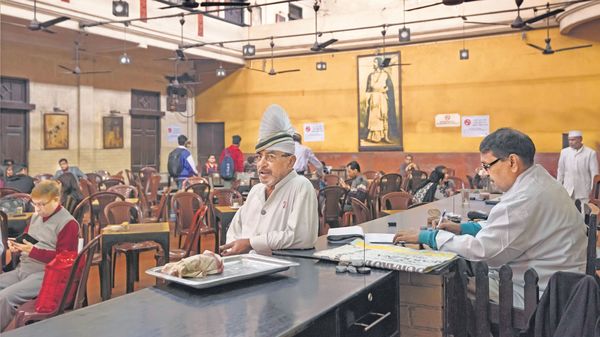Many people are reconsidering dining out. But is curbing the dining out experience absolutely necessary in the times that Coronavirus is spreading?
Novel Coronavirus, Covid-19 has been recognized as a global pandemic. The governments of various countries are taking stringent measures to curb the spread of the disease to their population. As public places and educational institutions undergo a compulsory shutdown, workplaces are too recommending the ‘work from home’ scenario for employees suffering from the symptoms of the virus. Eating out in restaurants is also an activity that many people are reconsidering. But, is curbing the dining out experience absolutely necessary at a time when Coronavirus is spreading?
According to the Centre for Disease Control and Prevention (CDC) based in the USA, “Coronaviruses are generally thought to be spread from person-to-person through respiratory droplets. Currently there is no evidence to support transmission of COVID-19 associated with food.” Consultant Nutritionist Rupali Datta agrees too. “This is a droplet infection that goes from human to human. It’s not a food-borne illness. So the food per se is not a problem,” said Datta.
However, this does not make the entire activity of eating out a seamless and non-problematic experience. There are a number of surfaces and areas that customers and restaurant staff come in contact with that must be cleaned. This is exactly what is prescribed by the Food Dietary Association (FDA) in their Coronavirus FAQ’s and guidelines as well. “FDA-regulated food manufacturers are required to maintain clean facilities, including, as appropriate, clean and sanitized food contact surfaces, and to have food safety plans in place.” The CDC also recommends routine cleaning of all frequently touched surfaces in the workplace, such as workstations, countertops, and doorknobs.
Restaurants themselves are aiming to maintain the cleanliness and hygiene standards. A case in point would be fast food giant McDonald’s, which has taken a number of measures to ensure prevention of spreading Coronavirus. A McDonald’s spokesperson said to Washington Post, “The health and well-being of our people, our customers and our communities is our highest priority and drives our decision-making.”
It is always a better idea to avoid eating out during peak hours and going to crowded restaurants. This is in keeping with the general guidelines and preventive measures issued by health regulatory bodies such as the World Health Organisation (WHO). Further, the food eaten should always be fully cooked as a precaution. Nutritionist Rupali Datta explains, “The food is not a problem. The problem is only the people gathering around, and the hygiene of the restaurant staff. Just to be on the safer side, it is better to avoid raw food or undercooked food. Go for Indian style fully cooked meals.”
In case the dining out option does not seem feasible, there is always room to order food online. Food delivery app Zomato is also taking steps to ensure that hygiene standards are maintained for every order. The app now has a new feature of contactless delivery, in which the Zomato Valet can be requested to leave the package at the doorstep itself, thus avoiding unnecessary contact. Zomato India CEO Deepinder Goyal also tweeted about the same. Take a look:
Here is what we are doing as precautionary measures to address COVID-19.
Contactless food delivery is already available on the @zomato app through our ‘delivery instructions’ feature. An app update over the weekend will make this explicitly clear to everyone.
At the end of the day, maintaining cleanliness and proper hygiene is as much the prerogative of the customer as the restaurant owner. Exercise caution while eating out and keep in mind all the preventive measures prescribed by health regulatory bodies. The onus of prevention of Coronavirus lies on us as a society, and we must all join hands and work towards its elimination as a collective whole.






